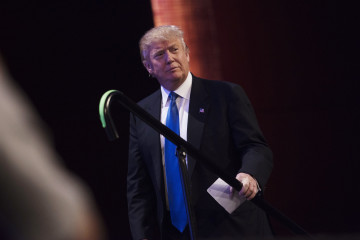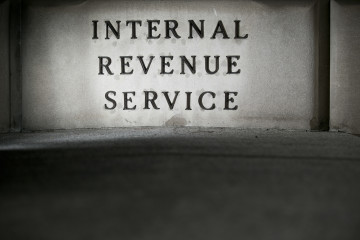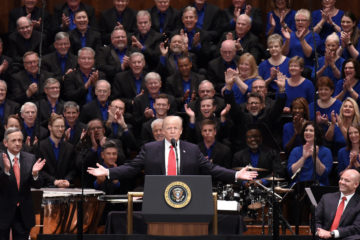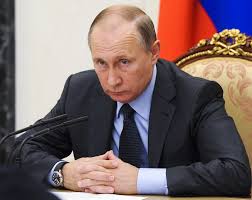U.S. Weighs Emergency Powers to Curb Tech Investments by China

published Apr 19, 2018, 6:15:51 PM, by Saleha Mohsin
(Bloomberg) —
The Treasury Department is considering using an emergency law to curb Chinese investments in sensitive technologies, as the Trump administration looks to punish China for what it sees as violations of American intellectual-property rights.
The U.S. government is reviewing the possible use of a law known as the International Emergency Economic Powers Act, said Heath Tarbert, an assistant secretary in the agency’s international affairs office. Under the 1977 law, President Donald Trump could declare a national emergency in response to an “unusual and extraordinary threat,” allowing him to block transactions and seize assets.
Trump is pushing his administration to crack down on what he considers unfair trade practices by China. He has threatened to levy as much as $150 billion of tariffs against China in response to intellectual property theft and forced technology transfer. Beijing has retaliated by proposing $50 billion of tariffs on American goods, and pledging further action if necessary.
The president asked Treasury Secretary Steven Mnuchin to consider investment restrictions on Chinese firms after the administration released the results of its probe into China’s IP practices last month.
Mnuchin has until around May 21 to propose executive action to address concerns about investments in the U.S. “directed or facilitated by China in industries or technologies deemed important,” according to the March 22 presidential memo.
While investors have so far focused on Trump’s plan to impose tariffs on Chinese imports, new restrictions could deepen a slowdown in Chinese investments in the U.S. since Trump took office, hurting the ability of American companies to raise capital and holding down valuations.
U.S. Said to Weigh Emergency Law for China Investment Crackdown
Acquisitions by Chinese firms in the U.S. fell to $31.8 billion last year from $53 billion the year before, according to data compiled by Bloomberg. The directive from Trump to consider investment restrictions deals only with China, Tarbert said.
Treasury officials are working on plans to identify technology sectors in which Chinese companies would be banned from investing, such as semiconductors and so-called 5G wireless communications, according to four people with knowledge of the proposal, who described the matter on the condition of anonymity last month.
Treasury officials are also looking at ways to impose tougher conditions on Chinese firms using legislation that underlies the Committee on Foreign Investment in the United States, which reviews transactions for national-security concerns.
Tarbert, who spoke Thursday at an event in Washington, said Treasury is also supporting a bipartisan bill that would expand the authority of the inter-agency panel, known as CFIUS, which currently vets foreign takeovers on a case-by-case basis.
“That’s a separate process that’s ongoing, but the CFIUS office is not working on that. We have separate offices in Treasury which are considering those two issues distinctly,” Tarbert said, referring to both IEEPA and CFIUS.







No Comment